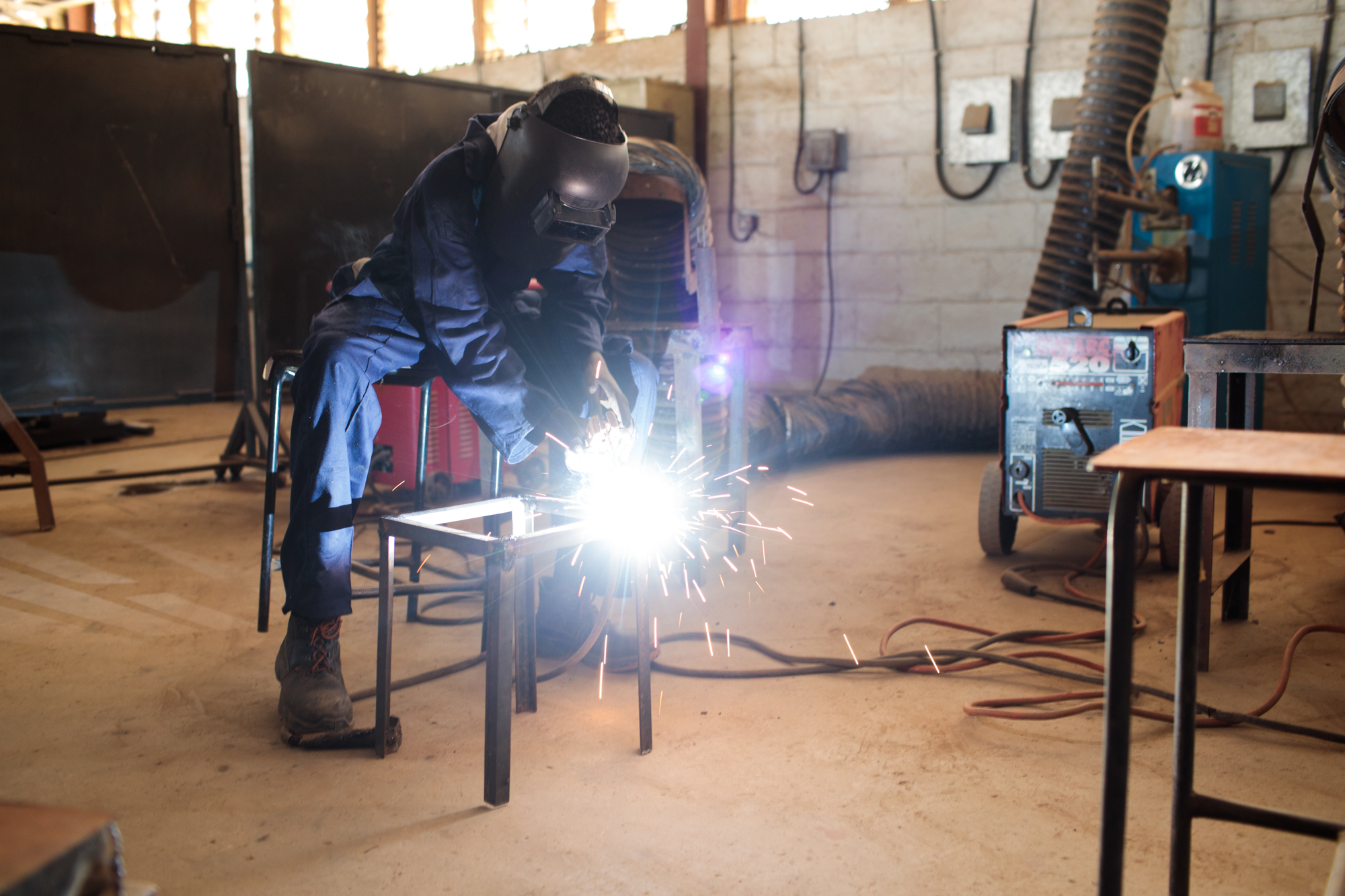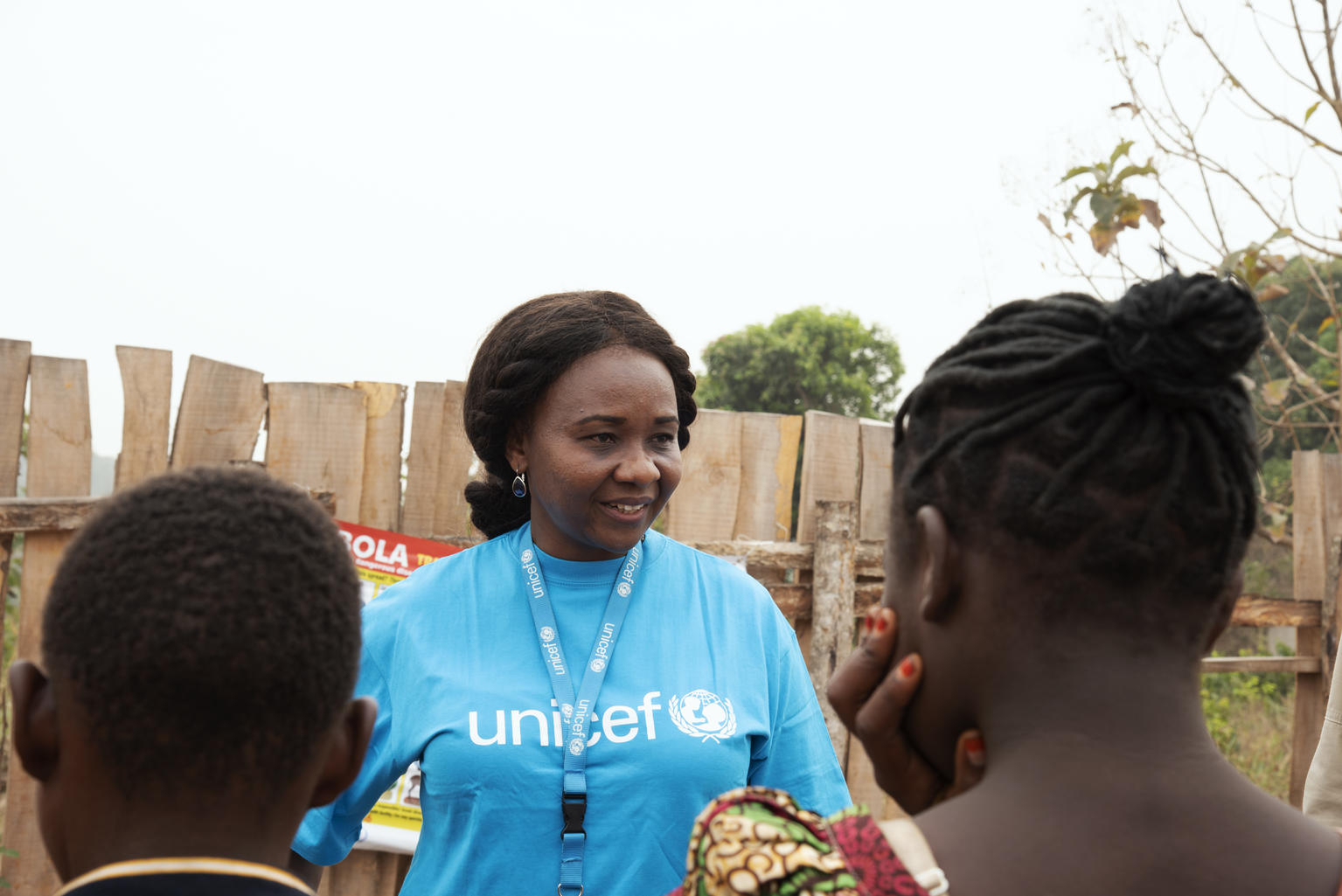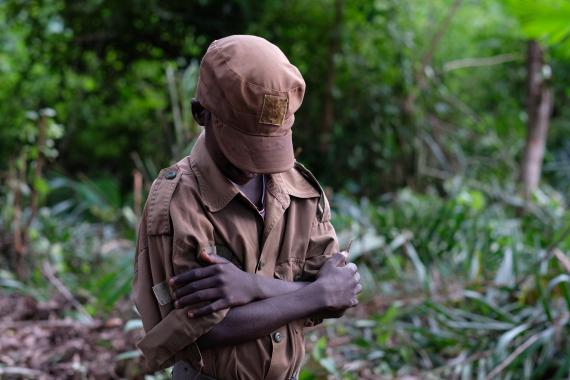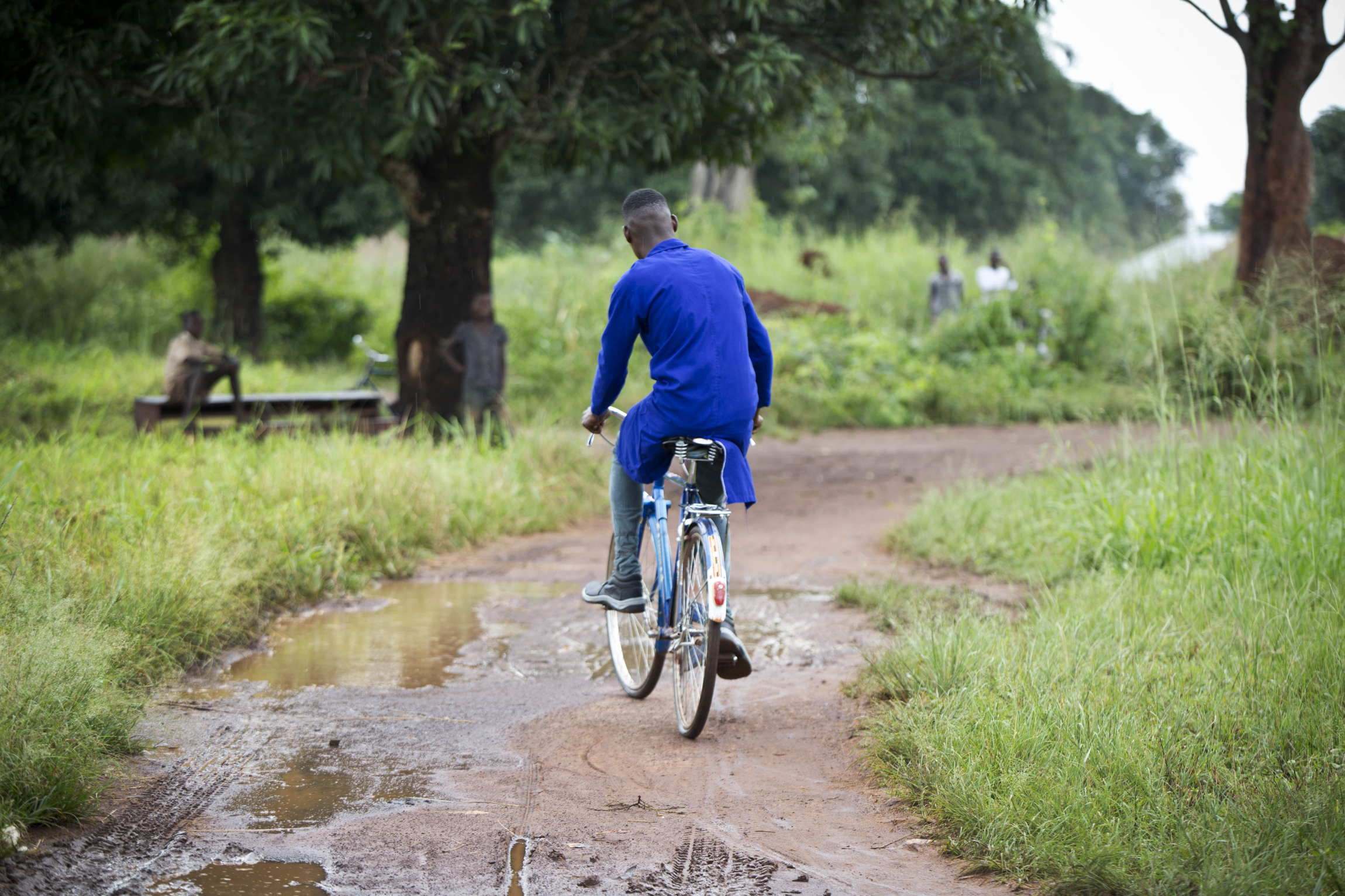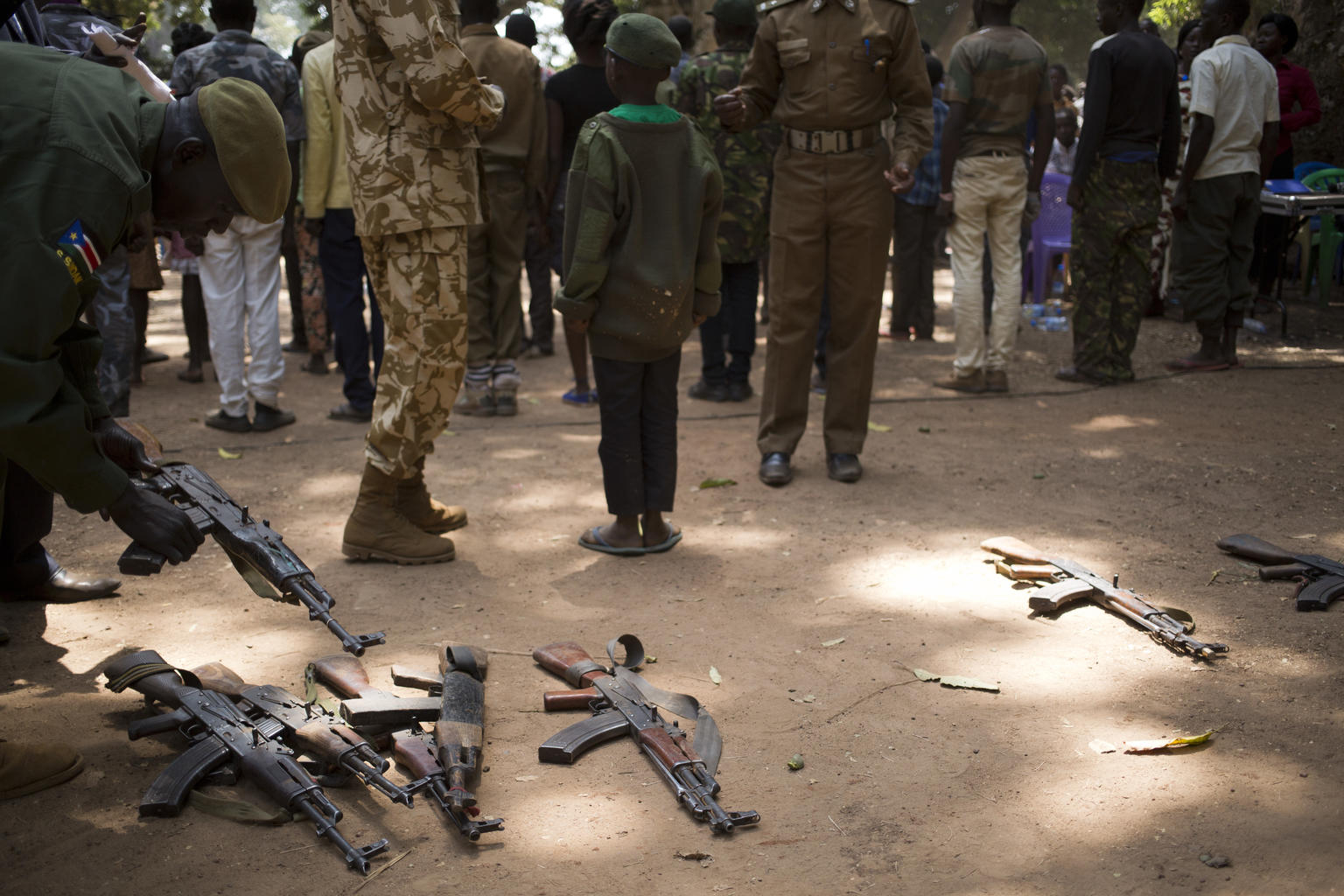Stolen Childhoods: Children in Armed Groups
2020-02-13
© UNICEF/UNI279743/Prinsloo
In the conflict-ridden South Sudan, children are faced not only with gunfire, but also with the possibility of being kidnapped by armed groups and forced to fight at the frontlines.
When Gaiel was at the age of 15, he was abducted by an armed group. Being held for a year as a child soldier, he was injured in an attack and left at the hospital by his fellow soldiers. He is now blind in one eye.
Gaiel hated the life in the ranks. “They wanted me to be aggressive. Slowly you find yourself a different person – I found myself tough, rude and rough. I didn’t like this.”
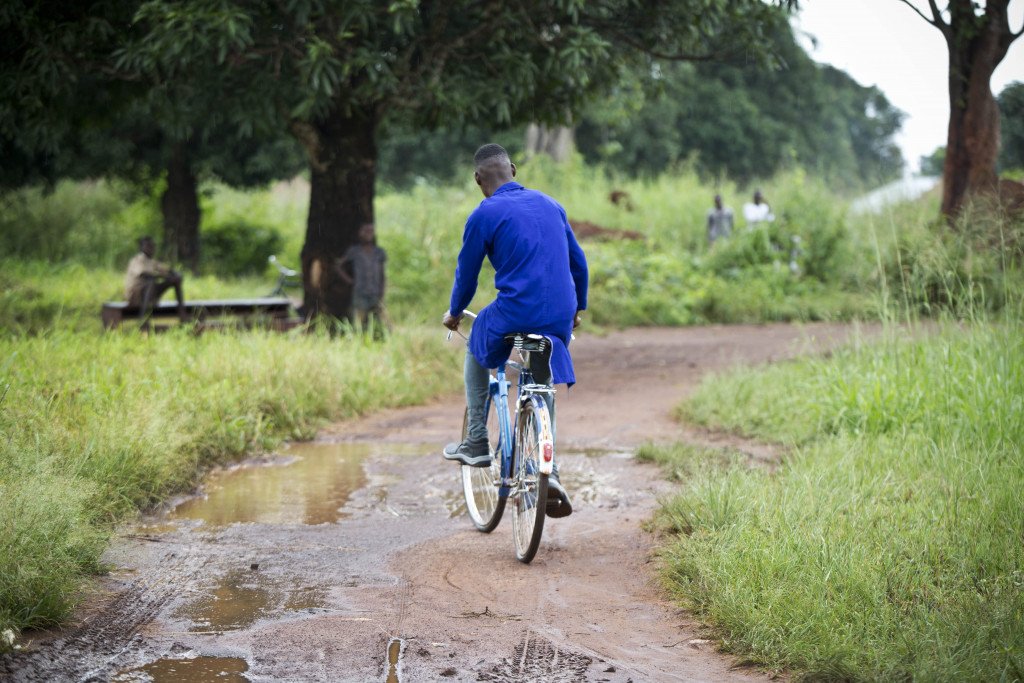
© UNICEF/UN0272604/Holt
For released child soldiers like Gaiel (as seen in picture), a mental wound takes more time to heal than a physical one.
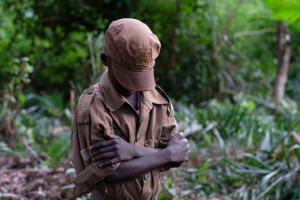
© UNICEF SouthSudan/Rich
Like other children, child soldiers are eager for love, care and protection.
War causes irretrievable harm to children. Their childhoods have been stolen, psychological trauma remains, and millions of them have been killed. In South Sudan…
- More boys than girls are used by armed forces and armed groups. Out of the formally released children, 12 % are girls.
- 28 % of the children released in Western Equatoria region are under 15 years of age.
- Not all children in armed groups carry weapons, some are also used as cleaners, porters, cooks and watchmen.
- Girls used by armed groups are disproportionally subjected to sexual and gender- based violence.
- No one knows the exact number of child soldier in South Sudan, due to this crime is not reported by the perpetrators and poor birth registration making age verification difficult.
UNICEF is working to rescue child soldiers from armed groups, helping them to get back to the life they deserve.
Gaiel was released and enrolled in the UNICEF supported reintegration programme. Now he has started vocational training. “It is very helpful and reduces the negative thinking. My dream is to become an electrician and help my father. My family is very poor, and my mother is in her last stages. I am the last hope, so I can either make it or not – it is down to me”, said Gaiel.UNICEF supports reintegration of children through a three-year-long programme. All children receive a reintegration package containing essential commodities that are needed when starting over, psychosocial support, family tracing and reunification if needed, education services and a personal social worker.
There are some 900 children in South Sudan registered for demobilization, ready to be released from armed groups and armed forces like Gaiel, and in urgent need of reintegration services. With continuation of the peace agreement and prolonged stability, we expect more children to be released.
However, UNICEF is not able to support their release and reintegration without funding. If we cannot fund US$4.2 million for these children, the programme might have to be closed.
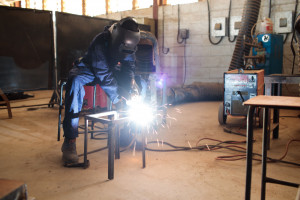
© UNICEF/UNI279698
Children released from armed groups recieve vocational training for their reintegration.

© UNICEF/UN0280460/Ryeng
UNICEF Child protection officer is giving an orientation to the children rescued.
- UNICEF has supported the release of 3,677 children in South Sudan since 2015.
- More than 3,300 verified cases of grave child rights violations have been reported to the national monitoring body since December 2013.
- UNICEF is planning to release some 2,100 children in 2020, pending funding.
- UNICEF’s reintegration programme costs US$2,000 per child for three years.
- Most children completing the reintegration programme are not re-enrolled in armed groups.
- Several embassies in South Sudan has formed a ‘group of friends’ advocating for the parties to stop recruiting and using children and supporting the UNICEF reintegration programme.
- UNICEF protect the children’s identity to prevent retaliation, stigma and re-recruitment.
- UNICEF need US$4.2 million for 2020 to continue the release and reintegration of children associated with armed groups.
Improving access to education has great potential to reduce child recruitment by armed forces. Support "Friends of UNICEF" monthly donation programme, to equip every child with the best start in life.










